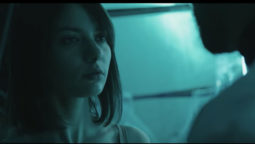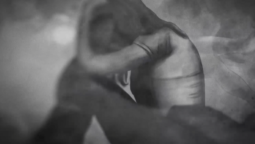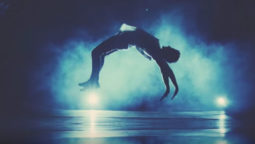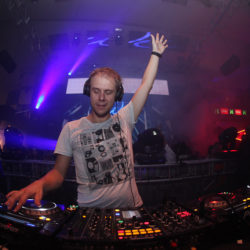Most of the people who take up DJing have stars in their eyes: the dream of being the headliner, the thrill of a festival set, the fame of a Beatport chart topper. And as nice as all that is, there simply aren’t enough bottle service tables, trust funds and absolutely bangin’ parties for this to be a reality.
For the ones who love playing music wherever for whomever, the alternative to the club life is mobile DJing. And the biggest segment of the mobile DJ market? Weddings. Our guy Adam Tiegs is one of those who’ve made the transition from the nightlife to the full-time mobile DJ life and he has some advice for those looking at mobile DJing, specifically being a wedding DJ, as a moneymaker.
The perfect wedding DJ is not the perfect club DJ. Truth is, a good wedding DJ probably has to know more and be able to do more than your average club DJ. So what does the perfect wedding DJ look like? A combination of these three people: Casey Kasem, Armin Van Buuren and Chad Gibbs.
Who are these guys? Kasem was a radio DJ and one of the world’s most recognizable voices. Van Buuren is one of the world’s most popular and successful club and festival dance DJs. Gibbs runs Gibbs Productions in San Diego, California, a high profile, successful mobile DJ company.
 When people consider what makes a great wedding DJ, it comes down to needing the talents and knowledge of these three types of DJs:
When people consider what makes a great wedding DJ, it comes down to needing the talents and knowledge of these three types of DJs:
- The personable, outgoing emcee with the great voice.
- The DJ who can read a crowd, play amazing music and mix seamlessly.
- The DJ with a depth of knowledge about music history, sound, lighting and video gear, who can manage the flow of a reception and has a backup plan in case anything happens, from the simple to the insane.
That’s who I want to DJ my reception, a combination of those three guys. A good wedding DJ is the host of your party, an entertainer, a Master of Ceremonies. According to Gibbs, the three most important qualities of a wedding DJ are “client flexibility, reading your crowd and music knowledge.”
Three Key Qualities of a Wedding DJ
First, being flexible and allowing clients to customize the songs they want to hear and songs they don’t want to hear. Also including the family’s and friends’ contributions to the music choices ahead of time, can help the DJ do a better job and help everyone have a great time. Having worked out the details for the event and crafted the soundtrack for the most part ahead of time, both the DJ and the clients have a solid game plan to execute. It’s up to us wedding DJs to help manage the flow of the event as the night goes on. I’ve found that the key to making this all work is communication and teamwork. The catering staff, photographer, videographer, DJ and sometimes a third-party planner all need to communicate and work together so we can all succeed for our client.
Second, being able to read a crowd, to determine what will work and what won’t work on the fly is important. Being able to mingle with guests during the cocktail hour or meal goes a long way. This allows you to get to know them better, seeing who they are in their environment and helping you figure out your parameters and boundaries with them. Sometimes you may notice a DJ at events looking like a space cadet, staring around aimlessly. What we’re doing is not only monitoring the volume level, but we’re watching and listening to conversations, because guests will frequently comment and react to what’s playing. Body language can say a lot about whether you’re enjoying yourself or not. While most guests are mingling, eating and drinking, we DJs are studying, looking for clues that can help us pick songs the rest of the night.
Third, knowing extensive music history and knowing how to string along music seamlessly to keep everything rolling at an event is key. Knowing as much as possible about and being able to mix together early artists like Frank Sinatra, Elvis and others from the ‘50s with artists all the way through the ‘10s like Iggy Azalea, Sam Smith and Pharrell, is very important.
Getting Started
Before you consider becoming a mobile DJ, interview three or four of them and ask one of them to take you on to mentor. Spend some time watching DJs live at clubs and other venues. Ask to tag along and assist them at other events to learn what they go through. Put together a list of questions you want to know the answers to. What brands do they use and how reliable has their gear been? How do they charge for what they do? What associations do they currently belong to and why? How long have they been doing this? How many weddings and events each year are they involved with? Do they do this full-time or not? What is their day job? How do they market or advertise themselves?
And remember, no matter what you’re doing or how you’re doing it, the goal is always the same, to provide the soundtrack to an amazing event and leave the crowd happy.







Join the discussion
comments powered by Disqus